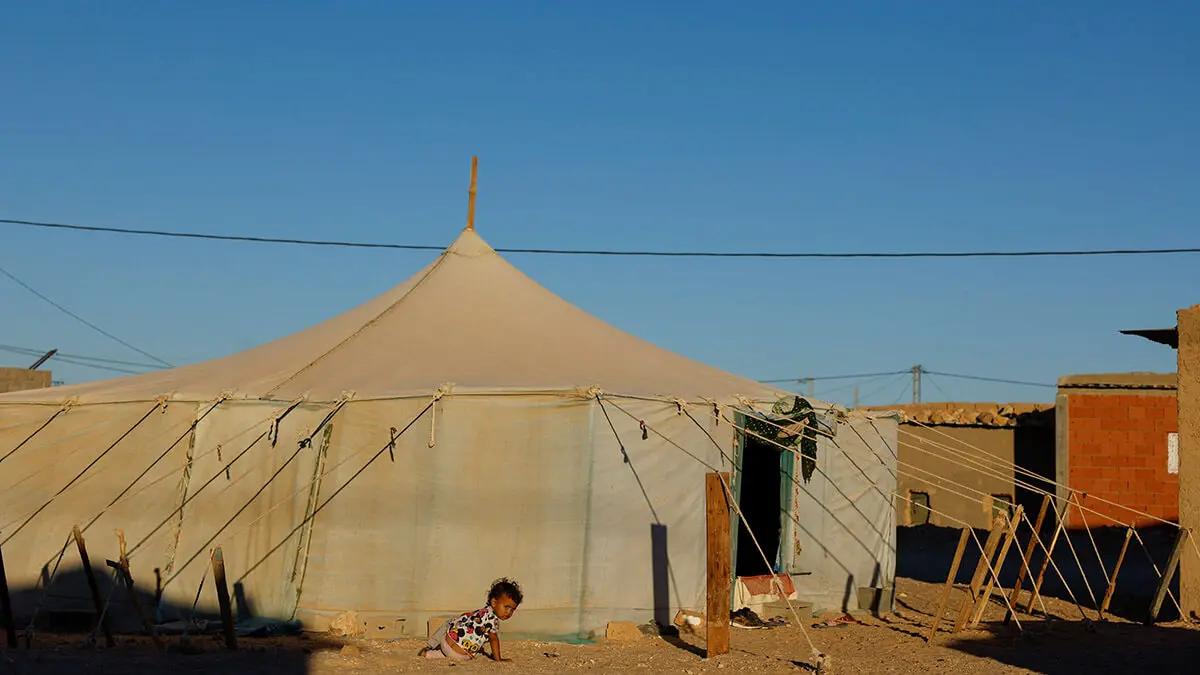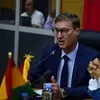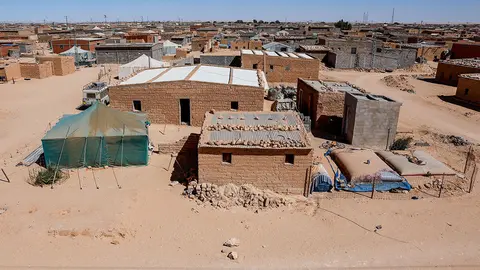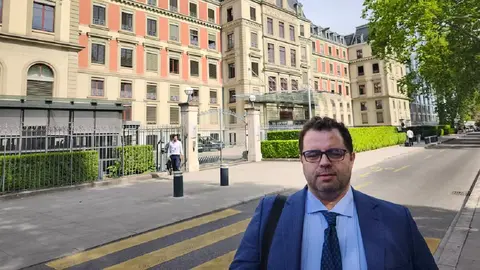A holiday in Spain for a lifetime in Tindouf

The children benefit from all the facilities needed to obtain visas, and Spanish municipalities and the Spanish government volunteer to finance this operation, which has been carried out without interruption every summer since the mid-1990s.
The Spanish media present this operation as a humanitarian gesture, whose apparent aim is to allow these children to spend a few days away from the harsh conditions of the Tindouf camps. However, this initiative is accompanied by a veritable media propaganda campaign, and visits are organised for these children to Spanish political institutions. Their presence in the country is used to promote separatist rhetoric, which results in numerous demonstrations, publications, statements and press articles.
Organisations calling themselves ‘Friends of the Sahrawi People’ consider these children to be ‘the true ambassadors of their cause, it is they who push us every summer to demand justice for their people’. These visits allow them to ‘promote the learning of Spanish, the second official language of the Sahrawi Arab Democratic Republic’, as well as to ‘consolidate the historical ties between the Sahrawi people and the Spanish people, and raise awareness in Spanish society about the suffering of the Sahrawis’.
There is no need to dwell on the political exploitation of this operation, which is presented under a humanitarian guise. But what is interesting, in the face of this superficial and demagogic discourse, is that we have the right to ask ourselves: what historical ties have united the Spanish people with the so-called Sahrawi people? When did the Spanish people, with all their tendencies, mobilise to demand an end to the colonisation of the Sahara regions, which were suffering under Spanish occupation? They remained silent, accepting the occupation, and even the Spanish left opposed the demands of the Moroccan national movement. They only adopted the position of ‘self-determination for the Sahrawi people’ when the dictator Franco proposed it, with the aim of creating a Sahrawi state under Spanish tutelage. This manoeuvre was part of his attempts to pre-empt Morocco's recovery of its Sahara.
It is true that the ‘ties’ between the Spanish people and the separatists were strengthened after Morocco ended the Spanish occupation of the Sahara. Thus, the institutions of this state, its political forces, its elected bodies and its civil associations compensated for the occupation with direct support for the separatists, providing economic and material aid to the Polisario militias, backing them diplomatically in international forums and organisations, and recruiting media outlets to act as their spokespersons.
In this context, the ‘Holidays in Peace’ operation, about which Spanish journalist Patricia Medjidi Juez wrote on Platform X (formerly Twitter): 'In the name of solidarity, thousands of Sahrawi children have been transferred to Spain for decades thanks to the 'Holidays in Peace' programme. An initiative presented as humanitarian, but which, under the supervision of the Polisario Front, has become an instrument of control and propaganda.'
According to a report published by the newspaper El Independente on 18 October 2021, several Sahrawi children invited by Spanish families ended up wearing military uniforms and carrying weapons under the supervision of the Polisario: ‘They came as children, they returned as combatants’.
However, such reports are very rare in the Spanish press, at a time when Spanish journalists have the opportunity to visit the Tindouf camps and document what is happening there, such as the recruitment of child soldiers, their participation in parades and the military training they receive. All of this is prohibited by international protocols banning the participation of children in armed conflict, which Algeria has signed. But the overwhelming majority of these journalists turn a blind eye to these dangerous acts that violate international law.
The journalist asks: 'Who authorised the transfer of these children to Spain? There is no clear or transparent information on how the children were selected, or whether their biological families gave their real consent. The Spanish families are also not informed about the ideological or military aspects surrounding these children.'
These facts confirm that ’Holidays in Peace' is nothing more than another facet of the anti-Moroccan propaganda that still prevails in Spain, with the aim of perpetuating the conflict in the Moroccan Sahara. Other initiatives organised in this country, such as financial aid to separatists, media campaigns, support in international forums and other uninterrupted actions carried out by forces and groups that supported the Spanish occupation of the Sahara, continue to act to prevent this dossier from being closed definitively. This time, by taking in innocent children to use them in this strategy, with the aim of ensuring that they never return to their homeland, Morocco, and remain trapped in the prison for life that are the camps of humiliation and shame.



